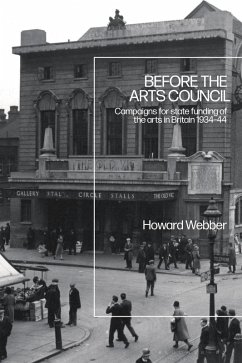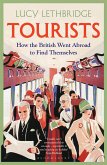This book explores the hitherto neglected history of the campaign for state funding of the arts. By focusing on the important but forgotten movements for music and drama subsidy before and during WWII, Howard Webber makes an important contribution to the history of arts subsidy.
Before the Arts Council rediscovers three forgotten but influential campaigns for state support of the arts in Britain in the 1930s and wartime. Webber's impressive historical excavation challenges existing scholarship, which argues that arts subsidy was the result of the war, and instead re-situates the campaign's origins in the pre-war years. Webber does so by drawing on correspondence from influential figures including Ralph Vaughan Williams, John Maynard Keynes and J.B Priestley, along with extensive use of government papers.
Before the Arts Council is a lively, compelling and scrupulously researched account of a subject consistently misunderstood and misrepresented. It changes our understanding of an aspect of British cultural history we thought we knew well. It will appeal to students of twentieth century social and political history and to anyone with a general interest in the arts and in this period.
Hinweis: Dieser Artikel kann nur an eine deutsche Lieferadresse ausgeliefert werden.
Before the Arts Council rediscovers three forgotten but influential campaigns for state support of the arts in Britain in the 1930s and wartime. Webber's impressive historical excavation challenges existing scholarship, which argues that arts subsidy was the result of the war, and instead re-situates the campaign's origins in the pre-war years. Webber does so by drawing on correspondence from influential figures including Ralph Vaughan Williams, John Maynard Keynes and J.B Priestley, along with extensive use of government papers.
Before the Arts Council is a lively, compelling and scrupulously researched account of a subject consistently misunderstood and misrepresented. It changes our understanding of an aspect of British cultural history we thought we knew well. It will appeal to students of twentieth century social and political history and to anyone with a general interest in the arts and in this period.
Hinweis: Dieser Artikel kann nur an eine deutsche Lieferadresse ausgeliefert werden.









